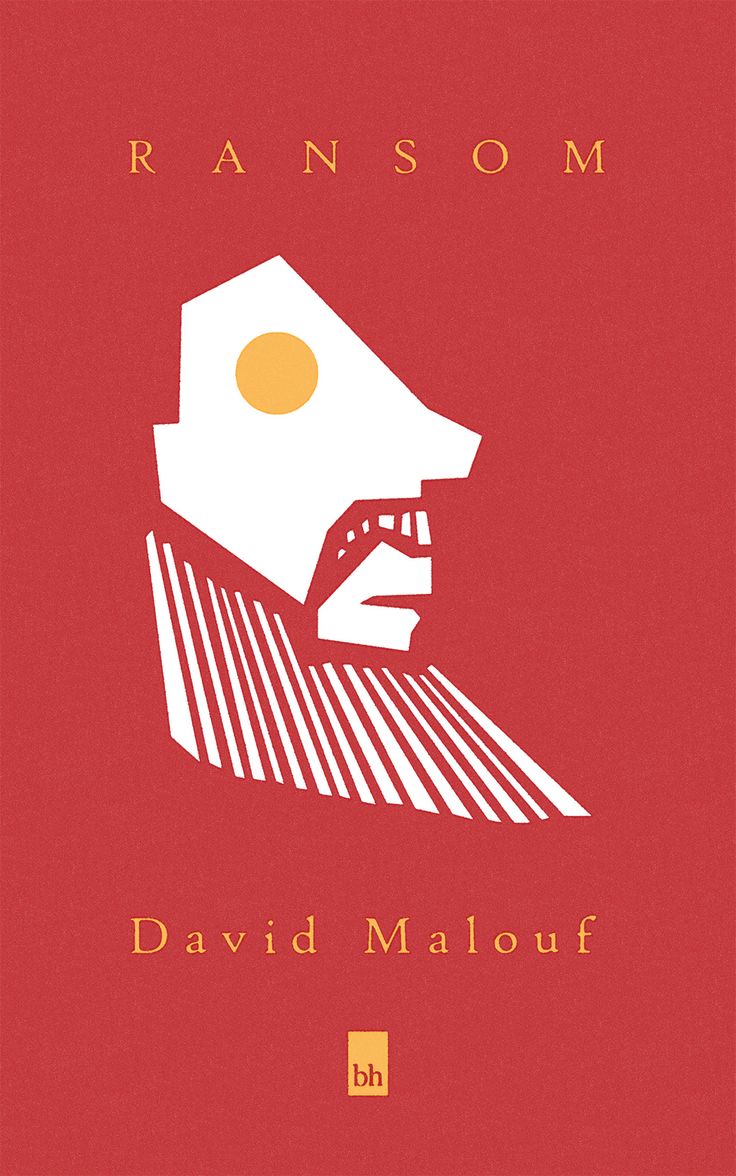

Most ebook files are in PDF format, so you can easily read them using various software such as Foxit Reader or directly on the Google Chrome browser.
Some ebook files are released by publishers in other formats such as .awz, .mobi, .epub, .fb2, etc. You may need to install specific software to read these formats on mobile/PC, such as Calibre.
Please read the tutorial at this link: https://ebookbell.com/faq
We offer FREE conversion to the popular formats you request; however, this may take some time. Therefore, right after payment, please email us, and we will try to provide the service as quickly as possible.
For some exceptional file formats or broken links (if any), please refrain from opening any disputes. Instead, email us first, and we will try to assist within a maximum of 6 hours.
EbookBell Team

4.1
100 reviewsIn his first novel in more than a decade, award-winning author David Malouf reimagines the pivotal narrative of Homer’s Iliad — one of the most famous passages in all of literature.
"In austere, elegant prose that subverts Homer’s Iliad in significant ways, David Malouf has created in Ransom an imaginative terrain that is both new and old." - Rod Jones, The Age
This is the story of the relationship between two grieving men at war: fierce Achilles, who has lost his beloved Patroclus in the siege of Troy; and woeful Priam, whose son Hector killed Patroclus and was in turn savaged by Achilles. Malouf’s fable engraves the epic themes of the Trojan war onto a perfect miniature - themes of war and heroics, hubris and humanity, chance and fate, the bonds between soldiers, fathers and sons, all newly burnished and brilliantly recast for our times. A moving tale of suffering, sorrow, and redemption, Ransom is incandescent in its delicate and powerful lyricism and its unstated imperative that we imagine our lives in the glow of fellow feeling.
"By the time Nikos Kazantzakis completed his sequel to The Odyssey, in 1938, The Iliad had shown itself to be better suited to our imperilled, capsizing world. The twentieth century's wars were fought under the sign of Homer's epic. Rupert Brooke recited The Iliad on the troopship to Gallipoli, and ecstatically anticipated a death that would eternalise his name ... Now David Malouf's meditation on one small episode from The Iliad in his novel Ransom gives the epic a renewed relevance." - Peter Conrad, The Monthlyrand